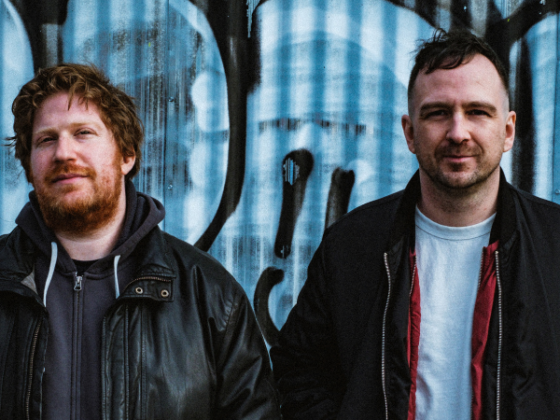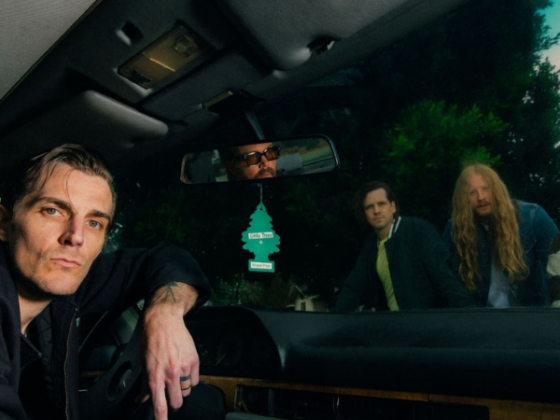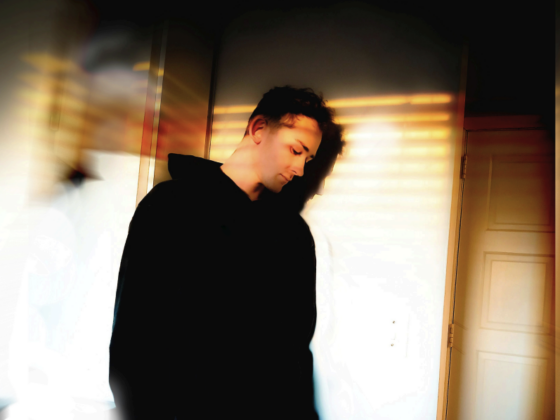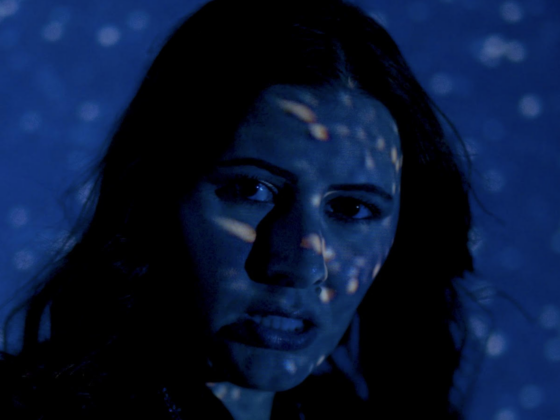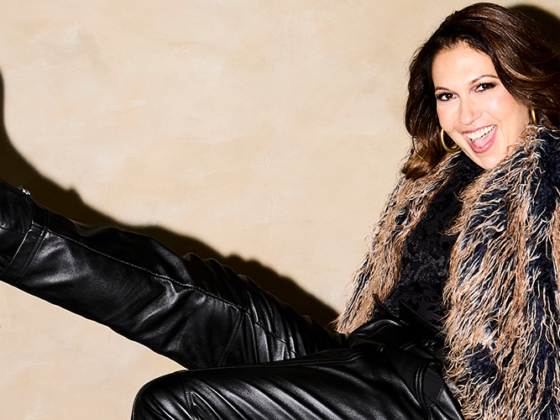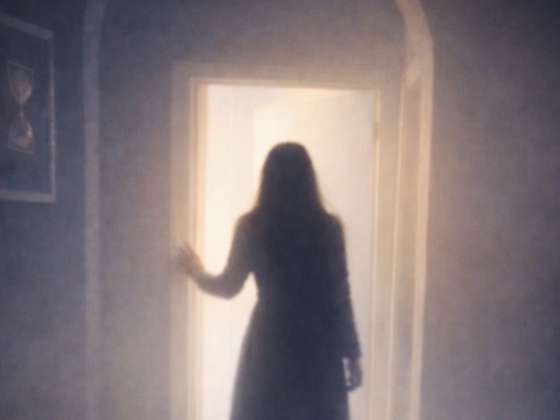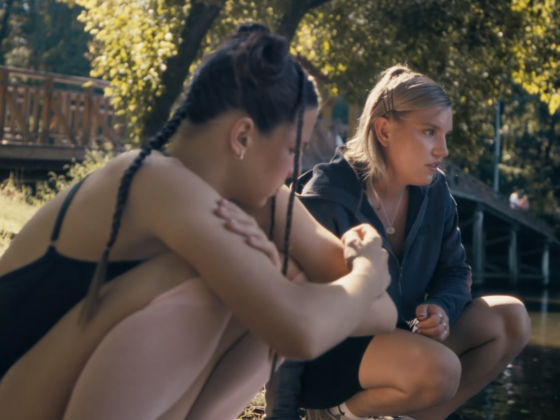The metallic clang of forks meeting plates opens up the heady debut EP from Dublin's Adam Garrett. It's joined by the sound of seagulls and the incessant chatter of casual conversations, suspended in air at a restaurant or cafe, as one would imagine. It's a world so familiar, yet entirely out of reach, invoking sleeping memories and all-but forgotten sensations. "I've always been interested in like ambient—I used to make a lot of ambient music just for myself, I never really released it," he admits, excited to finally share his creation with the world. "But then I kind of got interested in what is laying on the song—almost this stuff you can't really hear until you focus on it, or more so the stuff you don't hear but you do. I got really interested in that and seeing what kind of frequencies stick out without really hearing, which I'm still working on. But I really like the idea of it. I kind of do it in everything now."
While the opener "Strung" teases with glimpses of a post-COVID world where sitting down and listening to the overstimulated world around you becomes normal again, it very quickly compensates with a funk-forward guitar, heralding in soft percussions and a disco flavored bassline. Every instrument feels lightweight, the melody washing over you like a sedating edible, paralyzing you in place yet leaving your mind to drift away, exploring all the boundaries of its own imagination.
"I started when I was like, seven or eight," he tells me over the phone, a sense of gratitude coloring his voice as he begins to tell his story. "And my dad, he was, he is—well—he was a blues guitarist, but he still plays. And then, when myself and my siblings hit the age of seven, he was like, 'Alright, you guys got to play an instrument.' And he put me on drums. And then he put my brother on guitar, and then my brother on bass, and then we realized he just wanted a band to jam himself, you know? Which is cool. So we got to jam at a young age." He continues to tell me of how his experience with music evolved as he got older, of growing jealous of his older brother who started writing music, leading him to pick up a guitar and learn how to play piano to start writing as well. And while Casual is his first extended release, by no means has he only just mastered the craft. Having had in fact written for other Irish acts such as Nealo, Garrett has been silently yet purposefully honing his craft for years.
"It's kind of infuriating, because it's a lot easier to write for someone else than for myself," he chuckles. "Because there's less pressure when it's not your own voice. I always feel more relaxed, especially when it's hip-hop, because, you know, it's a lot of looped beats, so it's very comfortable to sit in. But yeah, like, I love how it kind of takes me out of what my own style is, I get to explore and listen to other stuff. The artists who I'm working with—I guess I get to kind of vibe off them and see what they're interested in. And then get excited about what they want to do. Because that's something new that I can try do myself, you know?"
While you won't find many hip-hop influences on the disco-inspired EP, the third track, "What Feeling," strays a little further from the higher BPM narrative, instead leaning into its bass influences with full force. Garrett's voice abandons its usual soft register, giving in to the pain instead—"you don't see me / how could you want me?"—with unfaltering determination. The calculated drop in speed points to a more vulnerable origin, a desire to create out of personal experience rather than simple observation. "I don't really consider myself a strong lyricist," he confesses, whether ashamed or proud to recognize areas of improvement, hard for me to tell. Though the simple fact that he believes in that statement seems to have pushed him further on this project, stringing words together in an attempt to paint beautiful yet complex scenes rather than sit atop a melody for function's sake. And while Casual's laid-back production and dance-fulled intentions don't leave much room for earth-shattering ruminations, Garrett damn sure tries to sneak them in anyway. Amongst the glimmering synths and sharp guitar work on "Don't Keep Up" and "Casual," there is a message of acceptance, whether with yourself or with a sordid lover. And though he doesn't quite believe in the power of his lyrics himself, it is found not in the intricacies of the wordplays or the search for meaning, but in their ability to mould themselves to any given situation. Whether you are in fact experiencing heartbreak, or simply breaking after a year spent in quarantine, there is a malleability to them that allows you to take them as your own, and weld them as you see fit. And there ain't nothing casual about that.
Connect with Adam Garrett: Spotify|Instagram|




